When it comes to choosing the right type of cable for your electrical wiring needs, two common options that come into consideration are armoured cable and PVC cable. Both types have their own unique characteristics and benefits, making them suitable for different applications. In this article, we will delve into the differences between armoured cable and PVC cable, discussing their features, advantages, and ideal usage scenarios to help you make an informed decision for your next wiring project.
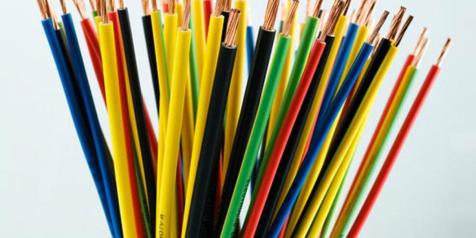
.
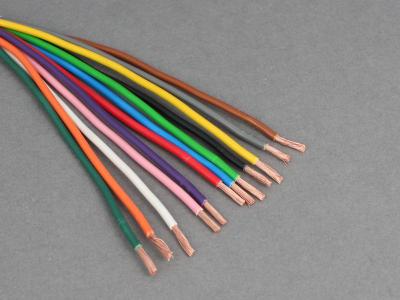 **Armoured Cable** Armoured cable, also known as SWA (Steel Wire Armoured) cable, is a type of electrical cable with a protective layer of steel wire armour. This added layer provides mechanical protection, making armoured cable more durable and suitable for harsh environments. The steel wire armour also provides resistance against rodents and mechanical stress, making armoured cable a popular choice for outdoor and underground installations. One of the key advantages of armoured cable is its robust construction, which enhances its longevity and helps prevent damage from external factors. This makes armoured cable ideal for applications where the cable is exposed to rough handling, moisture, or other hazards that could compromise the integrity of the wiring system. Additionally, the steel wire armour also provides enhanced fire resistance, making armoured cable a safer option for installations where fire safety is a concern. Armoured cable is available in various sizes and configurations to suit different installation requirements. It is commonly used in industrial, commercial, and residential settings where durability and reliability are paramount. From powering heavy machinery in factories to providing electricity to outdoor lighting systems, armoured cable is a versatile option that can handle a wide range of electrical loads. **PVC Cable** PVC cable, on the other hand, is a type of electrical cable that features a polyvinyl chloride (PVC) insulation and sheathing. PVC is a lightweight and flexible material that offers good electrical insulation properties, making it a cost-effective choice for a wide range of applications. PVC cables come in various colors and configurations, making them easy to identify and install in different settings. One of the main advantages of PVC cable is its flexibility and ease of installation. PVC cables are lightweight and can be easily bent and routed around corners, making them suitable for use in tight spaces or areas where flexibility is required. The PVC insulation also provides protection against moisture and chemicals, making PVC cable a reliable option for indoor installations where exposure to harsh conditions is minimal. PVC cables are commonly used in residential and commercial buildings for powering lighting fixtures, appliances, and other electrical devices.
**Armoured Cable** Armoured cable, also known as SWA (Steel Wire Armoured) cable, is a type of electrical cable with a protective layer of steel wire armour. This added layer provides mechanical protection, making armoured cable more durable and suitable for harsh environments. The steel wire armour also provides resistance against rodents and mechanical stress, making armoured cable a popular choice for outdoor and underground installations. One of the key advantages of armoured cable is its robust construction, which enhances its longevity and helps prevent damage from external factors. This makes armoured cable ideal for applications where the cable is exposed to rough handling, moisture, or other hazards that could compromise the integrity of the wiring system. Additionally, the steel wire armour also provides enhanced fire resistance, making armoured cable a safer option for installations where fire safety is a concern. Armoured cable is available in various sizes and configurations to suit different installation requirements. It is commonly used in industrial, commercial, and residential settings where durability and reliability are paramount. From powering heavy machinery in factories to providing electricity to outdoor lighting systems, armoured cable is a versatile option that can handle a wide range of electrical loads. **PVC Cable** PVC cable, on the other hand, is a type of electrical cable that features a polyvinyl chloride (PVC) insulation and sheathing. PVC is a lightweight and flexible material that offers good electrical insulation properties, making it a cost-effective choice for a wide range of applications. PVC cables come in various colors and configurations, making them easy to identify and install in different settings. One of the main advantages of PVC cable is its flexibility and ease of installation. PVC cables are lightweight and can be easily bent and routed around corners, making them suitable for use in tight spaces or areas where flexibility is required. The PVC insulation also provides protection against moisture and chemicals, making PVC cable a reliable option for indoor installations where exposure to harsh conditions is minimal. PVC cables are commonly used in residential and commercial buildings for powering lighting fixtures, appliances, and other electrical devices.
..
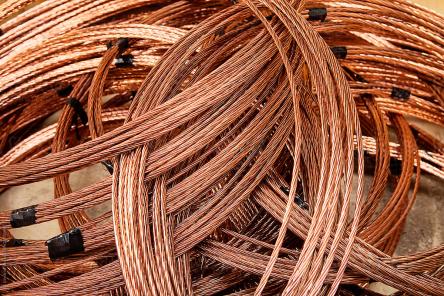 They are also popular for low-voltage applications such as telecommunications and data transmission, where flexibility and cost-efficiency are important factors. While PVC cables may not offer the same level of mechanical protection as armoured cables, they are still a durable and reliable choice for many everyday wiring needs. **Comparing Armoured Cable and PVC Cable** When deciding between armoured cable and PVC cable for your wiring project, there are several factors to consider. The choice between the two will depend on the specific requirements of your installation, including the level of mechanical protection needed, environmental conditions, and budget constraints. Armoured cable is the preferred option for installations that require additional mechanical protection and durability. If your wiring system is exposed to rough handling, moisture, or other hazards, armoured cable is the ideal choice to ensure the longevity and safety of your electrical setup. While armoured cable may be more expensive than PVC cable, the added protection it provides can outweigh the initial cost in the long run. PVC cable, on the other hand, is a more cost-effective and versatile option for installations where mechanical protection is not a primary concern. If you are working on a residential or light commercial project that does not require heavy-duty wiring, PVC cable is a practical choice that offers good insulation and flexibility at a lower cost. PVC cable is also easier to install and handle compared to armoured cable, making it a popular choice for DIY enthusiasts and smaller-scale projects. In summary, armoured cable and PVC cable both have their own unique advantages and applications in the field of electrical wiring. Armoured cable excels in providing robust mechanical protection and enhanced fire resistance, making it suitable for rugged environments and high-load applications. PVC cable, on the other hand, offers flexibility, cost-effectiveness, and good insulation properties, making it a practical choice for everyday wiring needs in residential and light commercial settings. Before making a decision between armoured cable and PVC cable, carefully assess the specific requirements of your wiring project and consider factors such as mechanical protection, environmental conditions, and budget constraints. By choosing the right type of cable for your installation, you can ensure a safe, reliable, and efficient electrical setup that meets your needs and complies with industry standards. In addition to considering the specific requirements of your wiring project, it is also important to take into account the regulations and standards that govern electrical installations in your region.
They are also popular for low-voltage applications such as telecommunications and data transmission, where flexibility and cost-efficiency are important factors. While PVC cables may not offer the same level of mechanical protection as armoured cables, they are still a durable and reliable choice for many everyday wiring needs. **Comparing Armoured Cable and PVC Cable** When deciding between armoured cable and PVC cable for your wiring project, there are several factors to consider. The choice between the two will depend on the specific requirements of your installation, including the level of mechanical protection needed, environmental conditions, and budget constraints. Armoured cable is the preferred option for installations that require additional mechanical protection and durability. If your wiring system is exposed to rough handling, moisture, or other hazards, armoured cable is the ideal choice to ensure the longevity and safety of your electrical setup. While armoured cable may be more expensive than PVC cable, the added protection it provides can outweigh the initial cost in the long run. PVC cable, on the other hand, is a more cost-effective and versatile option for installations where mechanical protection is not a primary concern. If you are working on a residential or light commercial project that does not require heavy-duty wiring, PVC cable is a practical choice that offers good insulation and flexibility at a lower cost. PVC cable is also easier to install and handle compared to armoured cable, making it a popular choice for DIY enthusiasts and smaller-scale projects. In summary, armoured cable and PVC cable both have their own unique advantages and applications in the field of electrical wiring. Armoured cable excels in providing robust mechanical protection and enhanced fire resistance, making it suitable for rugged environments and high-load applications. PVC cable, on the other hand, offers flexibility, cost-effectiveness, and good insulation properties, making it a practical choice for everyday wiring needs in residential and light commercial settings. Before making a decision between armoured cable and PVC cable, carefully assess the specific requirements of your wiring project and consider factors such as mechanical protection, environmental conditions, and budget constraints. By choosing the right type of cable for your installation, you can ensure a safe, reliable, and efficient electrical setup that meets your needs and complies with industry standards. In addition to considering the specific requirements of your wiring project, it is also important to take into account the regulations and standards that govern electrical installations in your region.
…
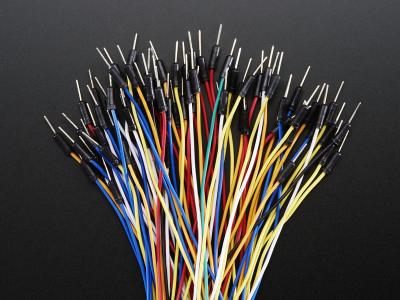 Ensuring compliance with local codes and safety guidelines is essential to prevent potential hazards and ensure the longevity of your wiring system. When installing armoured cable, it is important to use the appropriate tools and techniques to ensure proper grounding and bonding of the armour. This helps reduce the risk of electrical faults and ensures the safety and reliability of the wiring system. Proper installation of armoured cable also involves securing the cable in place and providing adequate support to prevent damage and maintain the integrity of the wiring setup. For PVC cable installations, care should be taken to avoid overbending or twisting the cable, as this can compromise the insulation and lead to electrical faults. Proper handling and routing of PVC cables, as well as using suitable cable management tools, are essential to ensure a neat and organized wiring layout that promotes efficient electrical flow and minimizes the risk of damage or wear over time. In conclusion, the choice between armoured cable and PVC cable ultimately depends on the specific requirements of your wiring project, including the level of mechanical protection needed, environmental factors, and budget constraints. Both types of cables have their own distinct advantages and applications, and selecting the right one can help ensure a safe, reliable, and efficient electrical setup that meets your needs and complies with industry standards. Before starting your wiring project, it is recommended to consult with a qualified electrician or professional installer to assess your requirements and determine the most suitable type of cable for your application. By taking the time to carefully evaluate your needs and select the appropriate cable for your project, you can achieve a successful and worry-free electrical installation that provides long-lasting performance and peace of mind. Whether you opt for the robust protection of armoured cable or the flexibility of PVC cable, prioritizing safety, quality, and compliance with industry standards is essential to achieve a successful and reliable wiring setup. By making an informed decision based on the specific requirements of your project, you can ensure that your electrical installation meets your needs and performs optimally for years to come.
Ensuring compliance with local codes and safety guidelines is essential to prevent potential hazards and ensure the longevity of your wiring system. When installing armoured cable, it is important to use the appropriate tools and techniques to ensure proper grounding and bonding of the armour. This helps reduce the risk of electrical faults and ensures the safety and reliability of the wiring system. Proper installation of armoured cable also involves securing the cable in place and providing adequate support to prevent damage and maintain the integrity of the wiring setup. For PVC cable installations, care should be taken to avoid overbending or twisting the cable, as this can compromise the insulation and lead to electrical faults. Proper handling and routing of PVC cables, as well as using suitable cable management tools, are essential to ensure a neat and organized wiring layout that promotes efficient electrical flow and minimizes the risk of damage or wear over time. In conclusion, the choice between armoured cable and PVC cable ultimately depends on the specific requirements of your wiring project, including the level of mechanical protection needed, environmental factors, and budget constraints. Both types of cables have their own distinct advantages and applications, and selecting the right one can help ensure a safe, reliable, and efficient electrical setup that meets your needs and complies with industry standards. Before starting your wiring project, it is recommended to consult with a qualified electrician or professional installer to assess your requirements and determine the most suitable type of cable for your application. By taking the time to carefully evaluate your needs and select the appropriate cable for your project, you can achieve a successful and worry-free electrical installation that provides long-lasting performance and peace of mind. Whether you opt for the robust protection of armoured cable or the flexibility of PVC cable, prioritizing safety, quality, and compliance with industry standards is essential to achieve a successful and reliable wiring setup. By making an informed decision based on the specific requirements of your project, you can ensure that your electrical installation meets your needs and performs optimally for years to come.
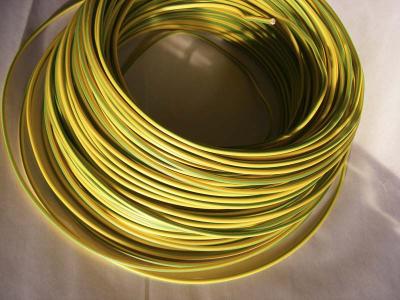
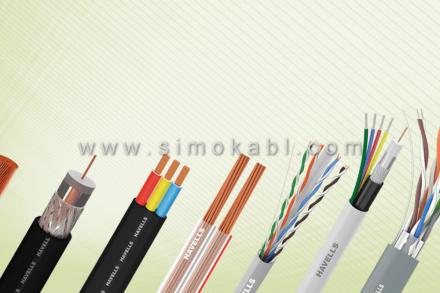
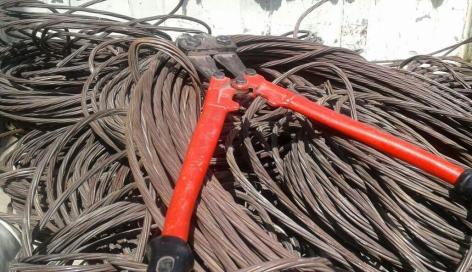
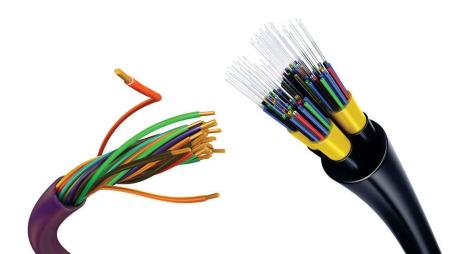
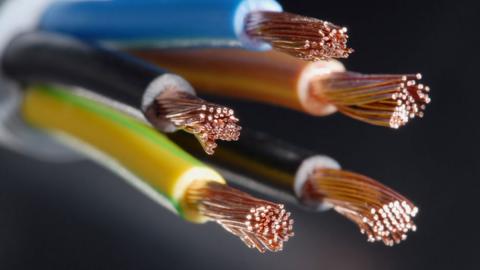
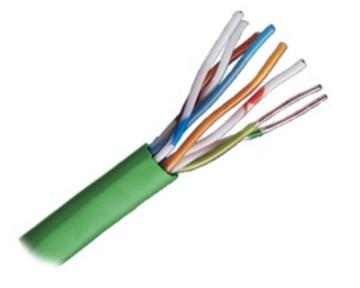
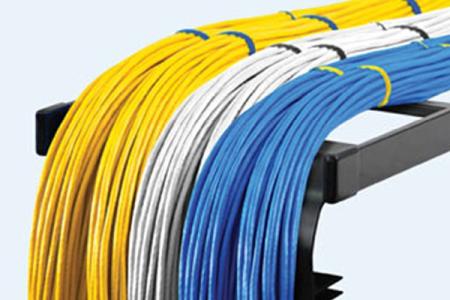
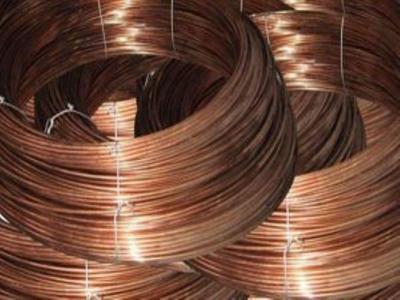
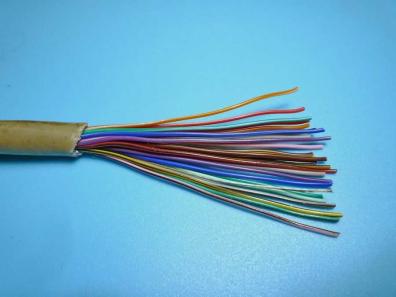
Your comment submitted.